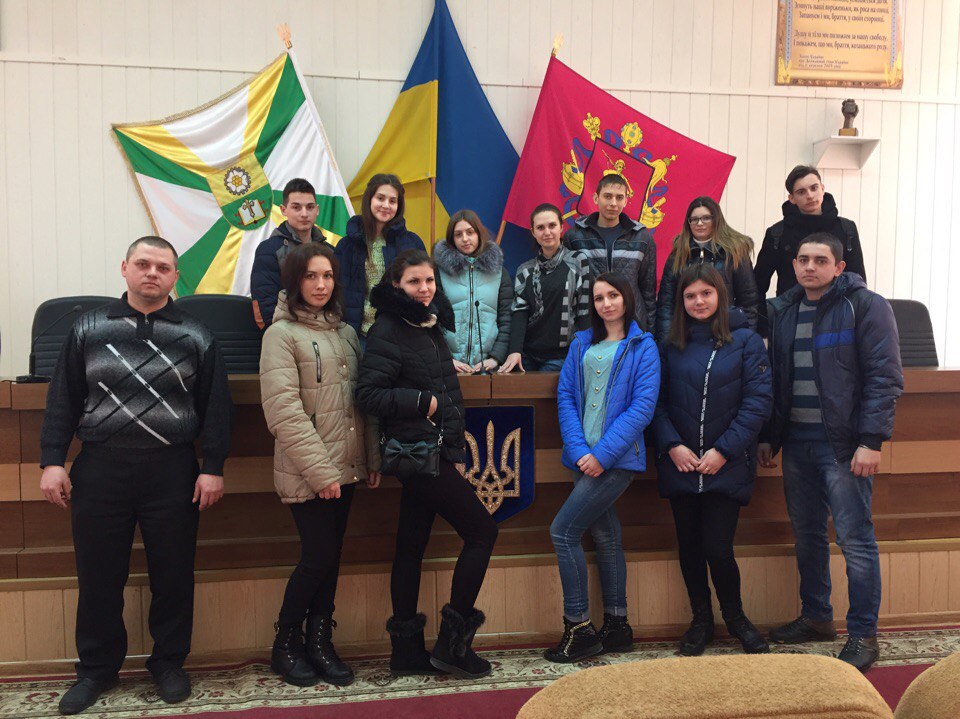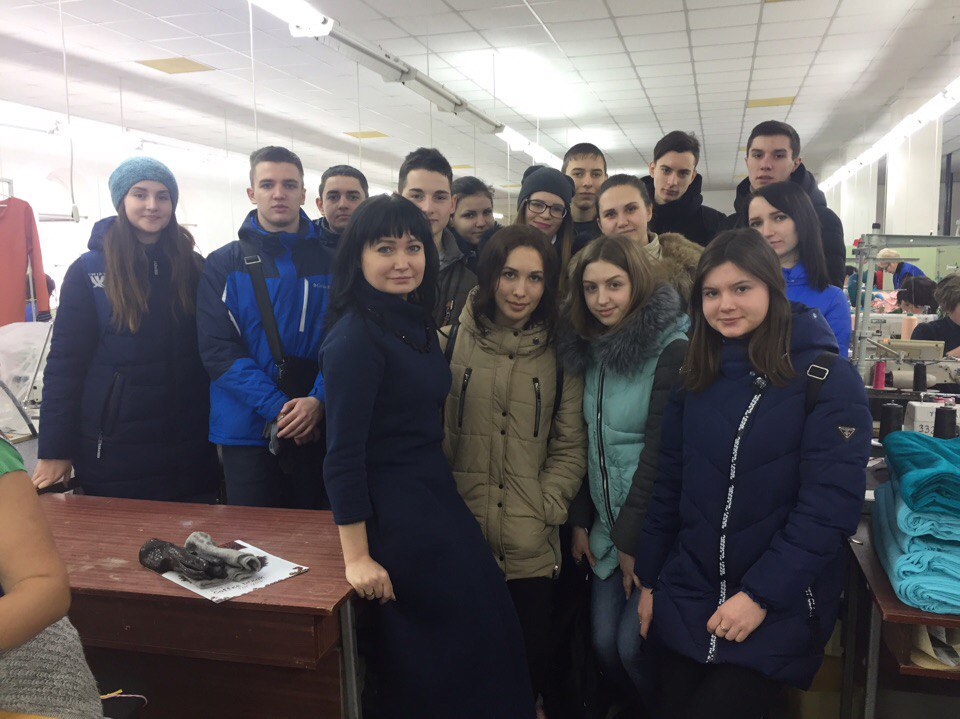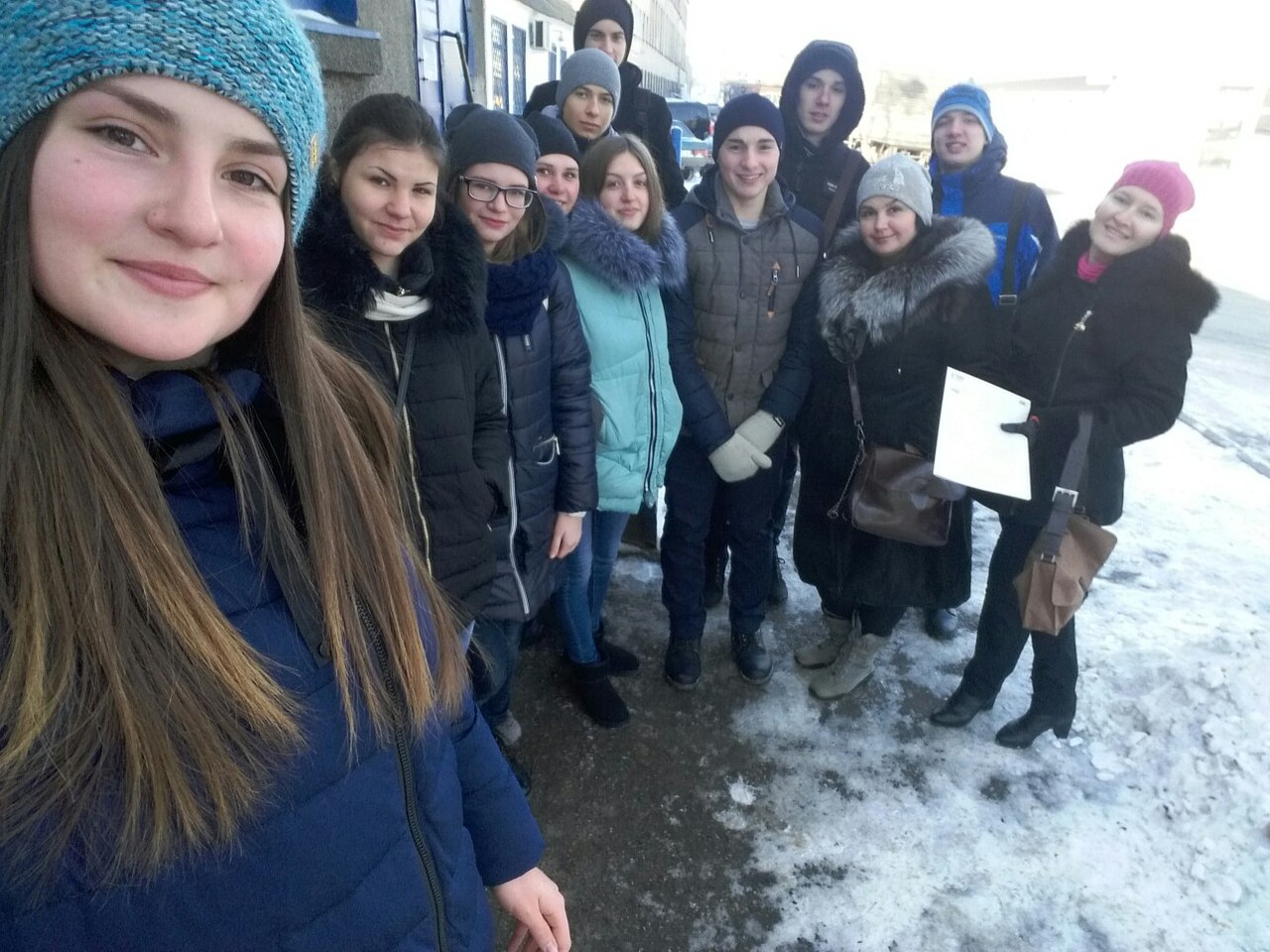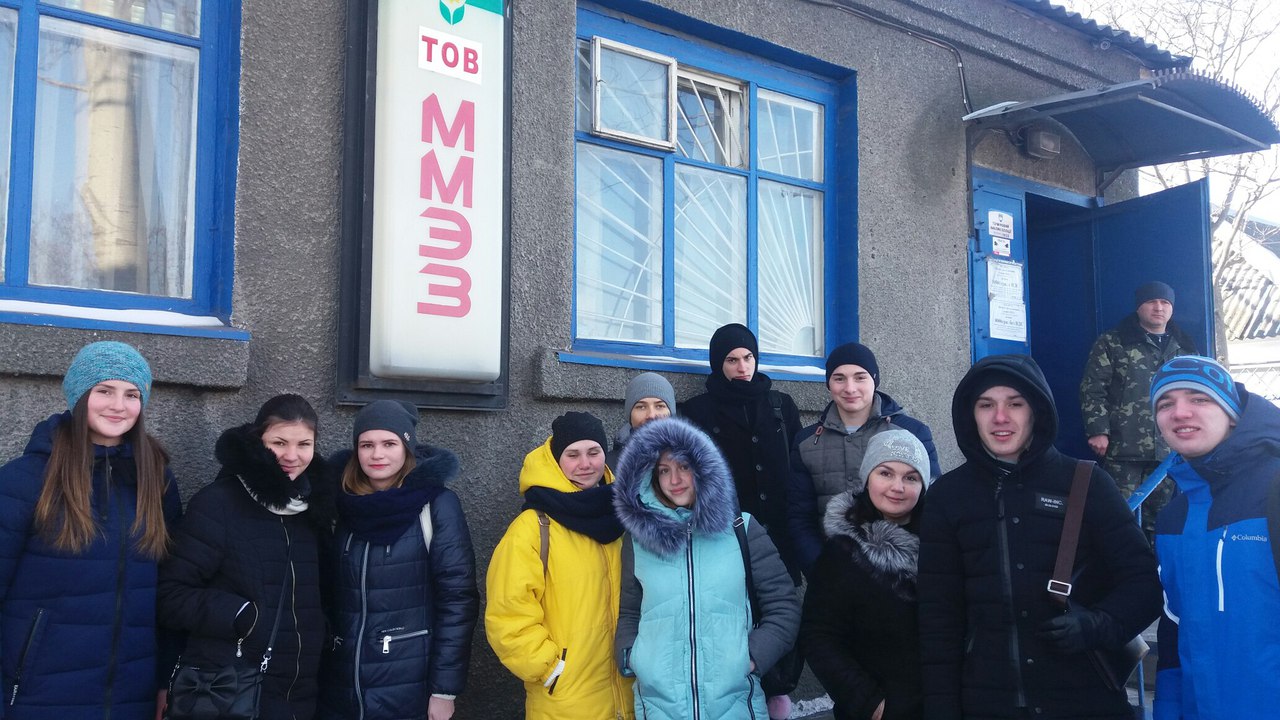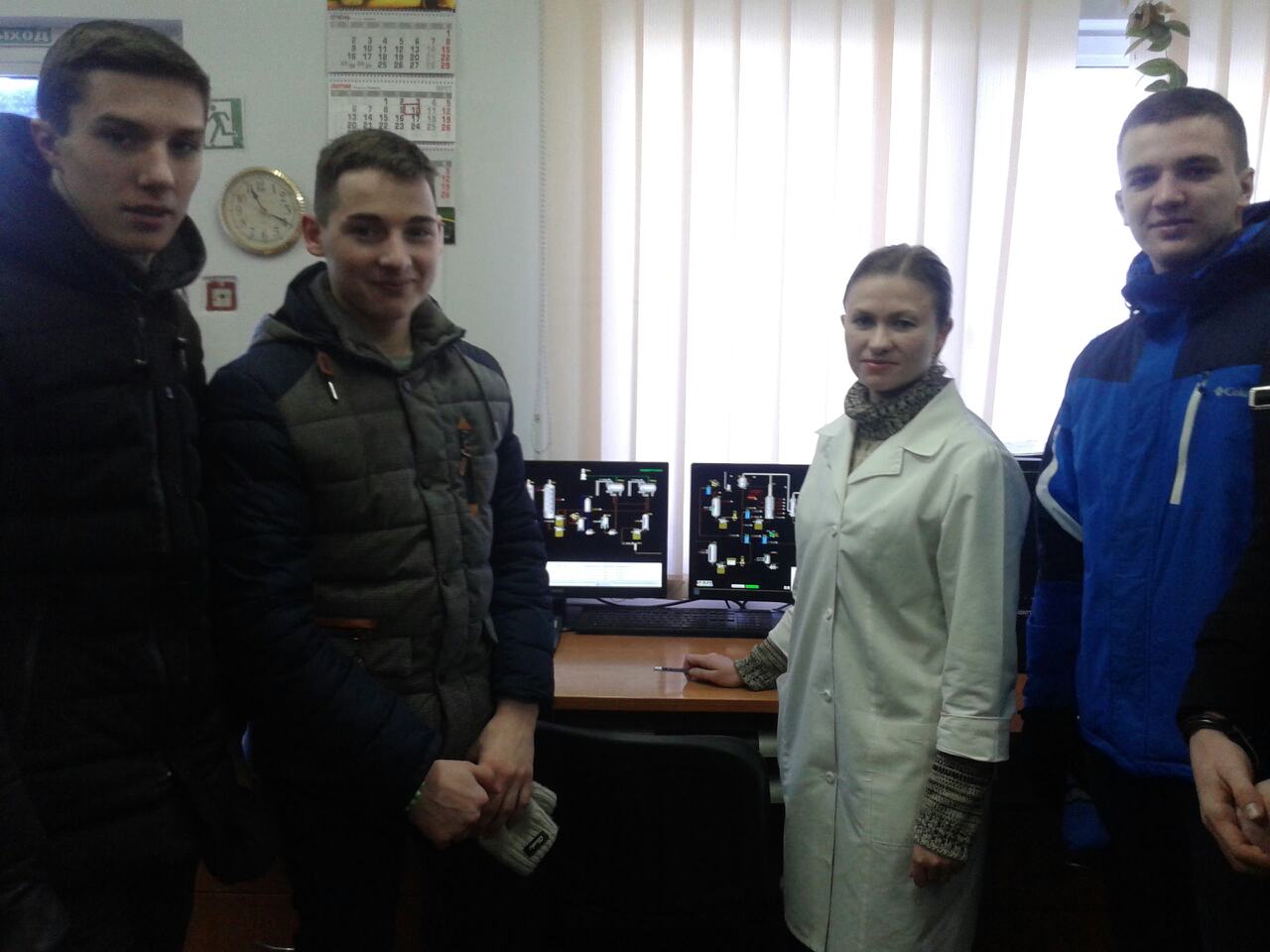 Melitopol, Boghdan Khmelnitsky Avenue, 18. Room 2.205
Melitopol, Boghdan Khmelnitsky Avenue, 18. Room 2.205
 Tel .: +380 (619) 423201
Tel .: +380 (619) 423201
 e-mail: feb@tsatu.edu.ua
e-mail: feb@tsatu.edu.ua
Practical training
Practical training is a mandatory component of the educational and professional program for obtaining a qualification level and aims to provide students with professional skills and abilities.
1 cource
Methodical educational practice 1 course Introduction to the specialty
Work program on educational practice introduction
Task
2-cource
Methodical practice of business administration
Work program – practice of business administration, 2 semestr
Task
3cource
Methodology of educational practice Management of organizations
Work program of educational practice
Task
Master 1-cource
Work program Production practice
Undergraduate Practice Work Program
Principle
Photos from practice
Additional information on practice
The purpose of practical training is to acquaint first-year students with the features of the future profession, its content and objectives.
The objectives of the internship are: to acquaint students with the basic provisions of the organization of higher education in Ukraine and its features in TSATU; with general issues of the State Standard of Higher Education in Ukraine and the organizational and methodological basis of higher education; with the peculiarities of the organization of educational, research, independent and educational work in TSATU; with the content of the curriculum for training, structure, sequence and relationship between disciplines; acquaintance with the sphere of future professional activity.
During the individual task it is necessary on the basis of the information received, during excursions to the enterprises and the organization and introductory conversations and round tables with their heads, from the Internet, to consider theoretical aspects of a researched problem, , substantiate the main prospects and directions of development, as well as provide their own assessment of personal and professional qualities of specialists in the chosen specialty.
In the process of educational practice, students must:
- know:
^ general organizational and managerial structure of enterprises;
^ responsibilities of officials;
^ functions, tasks and methods of work of the main divisions of enterprises;
- be able:
^ to form their own ethics and culture of professional behavior; analyze their own professional qualities;
^ apply information technology to search and process economic information;
^ use scientific, reference literature and regulations in the preparation of economic information;
^ to form conclusions and substantiate practical recommendations.
- acquire skills:
taking into account the requirements of discipline, planning and time management;
^ work with economic information;
^ solving practical problems at the enterprise;
^ in the development of alternatives to balanced management economic decisions in terms of the selected subject area of research.
Evaluation methods:
- evaluation of individual task performance.
Training practice is provided by the following methodical developments:
- end-to-end training program for students majoring in business economics;
- work program of educational practice “Introduction to the profession”;
- guidelines for training practice.

